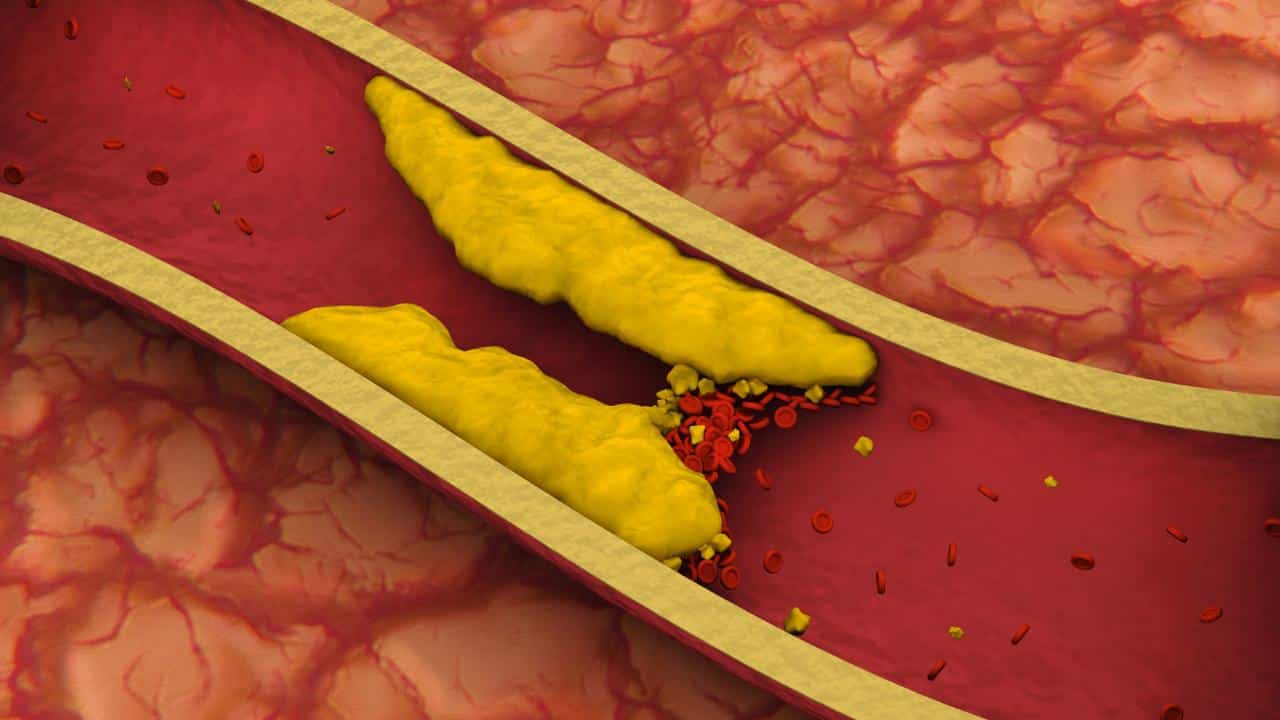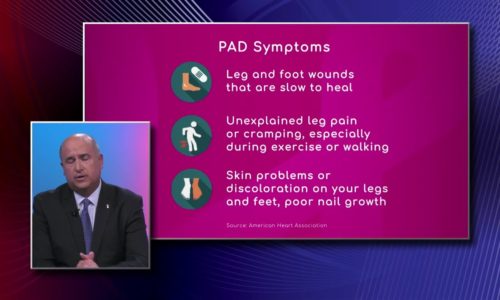Understanding Arterial Occlusion: The Dangers and Importance of Timely Intervention |

Arterial occlusion, a condition where blood flows through a specific artery is significantly restricted or blocked, poses a grave threat to one’s health. In an interview with the Health Channel, Dr. Italo Linfante, Medical Director of Interventional Neuroradiology & Endovascular Neurosurgery with Baptist Health Neuroscience Center, explores a medical case involving a patient with an occluded carotid artery and discusses the implications of such an obstruction. Additionally, we emphasize the criticality of seeking immediate medical attention and the potential consequences of delayed intervention.
The arterial system plays a vital role in supplying oxygen-rich blood to various organs, including the brain. During the discussion with Dr. Linfante, a graphic representation of the patient’s artery is observed, revealing the alarming extent of occlusion. The carotid artery, the main blood vessel supplying the brain, is nearly completely blocked, illustrating the severity of the situation. This obstruction explains the patient’s recent development of symptoms despite her young age and good health. It becomes evident that her brain is compensating for the limited blood flow, but the impending shutdown of the artery poses a significant threat to her survival.
Complete occlusion of a carotid artery signifies a dire condition. When an artery is shut down, it results in a cessation of blood supply to one half of the brain. The doctor affirms that such an occlusion is often fatal, with minimal chances of survival. This revelation underscores the critical importance of recognizing the urgency of medical intervention in cases of arterial occlusion. Prompt action is vital to prevent devastating consequences.
The narrative progresses to three days after the occlusion, highlighting the significance of timely medical response. The doctor acknowledges that the patient is not fortunate to have experienced this occurrence but notes that her youth and overall health have allowed her brain to compensate for the restricted blood flow. However, the urgency of seeking medical help is emphasized, as prolonged delay could worsen her condition, potentially leading to a full-blown stroke.
The doctor explains that if the patient had delayed seeking medical attention further, her situation would have resembled a typical stroke. A stroke occurs when blood flow to the brain is disrupted, resulting in severe consequences. The longer the occlusion persists without intervention, the higher the risk of irreversible damage and long-term complications. The seriousness of the patient’s condition becomes evident, and it becomes imperative to address the issue promptly.
Arterial occlusion, as illustrated by the case discussed, is a critical medical concern that requires urgent attention. The potential consequences of delayed intervention highlight the importance of recognizing symptoms and seeking medical help immediately. Time is of the essence when it comes to arterial occlusion, and early intervention significantly increases the chances of a successful outcome. By understanding the dangers associated with occlusion and promoting awareness, we can strive to prevent devastating outcomes and safeguard the well-being of individuals at risk.
To find out more about strokes and their potential causes, you can check out more videos on strokes on the Health Channel YouTube: https://www.youtube.com/watch?v=lRTWfHNXhpk








